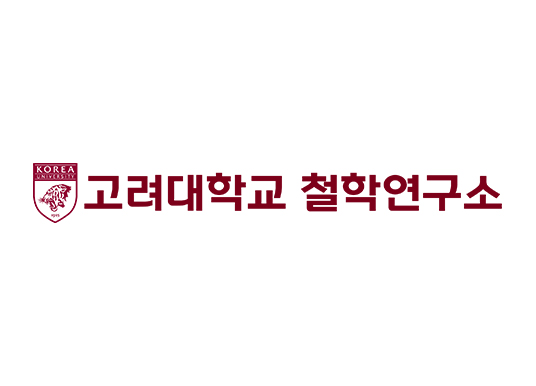공존을 위한 선택-보편주의와 다원주의의 길항관계
The Choice for Coexistence: The Antagonism between Universalism and Pluralism
다원주의는 하나의 도전으로 다가온다. 왜냐하면 다원주의는 긍정적 가치로 평가되기도 하지만 동시에 우리가 해결해야 할 문제를 의미 하기 때문이다. 전통시대와 달리 서구 근대 이후 자유주의의 영향 아래 많 은 사람들은 자신의 신념과 생활방식에 가치를 부여하며 자유를 최상위의 가치로 인정하게 되었다. 이로부터 하나의 공동체 안에서 다양한 가치와 신 념이 생길뿐만 아니라 세계화 속에서 다양한 문화가 전지구적 단일 환경 속 에 놓이게 되었다. 그러나 이런 다양성의 증가와 경험은 필연적으로 우리에 게 대립과 갈등의 문제를 가져오게 된다. 따라서 자유주의는 다양성을 인정 하며 동시에 다양성의 대립을 해소할 수 있는 방법을 모색하게 된다. 즉 삶 의 영역을 사적공간과 공적공간으로 나누며, 사적영역에서 가치의 다양성 을 존중하고 차이는 관용으로 처리하며, 공적영역에서는 대립과 갈등을 해 결하기 위한 보편적 규범을 정당화하는 것이다. 그러나 가치의 다양성과 규 범의 보편성이라는 전략이 다양성을 구제하며 동시에 제한할 수 있는 길을 확보할 수 있을까? 필자는 보편주의와 다원주의의 길항관계를 통해 이 문 제를 해결할 수 있는 다원적 민주주의를 제시하고자 한다.
Pluralism is a challenge. Because pluralism is evaluated as a positive value, but at the same time, it means a problem that we have to solve. Unlike traditional times, under the influence of liberalism since the modern West, many people have come to value their own beliefs and lifestyles and recognize freedom as the highest value. From this, not only have diverse values and beliefs emerged within a single community, but also, in globalization, diverse cultures have been placed in a single global environment. However, this increase in diversity and the experiences we have with it inevitably brings us problems of confrontation and conflict. Therefore, liberalism recognizes diversity and at the same time seeks ways to resolve the confrontation in diversity. In other words, it divides the realm of life into private and public spaces, respects diversity of values in the private realm and deals with differences with tolerance, and justifies universal norms for resolving confrontation and conflict in the public realm. But can the strategy of diversity of values and universality of norms secure a way to save and limit diversity at the same time? The author intends to propose a pluralistic democracy that can solve this problem by explaining the antagonistic relationship between universalism and pluralism.
고려대학교 철학연구소, 경상국립대학교 이상형

